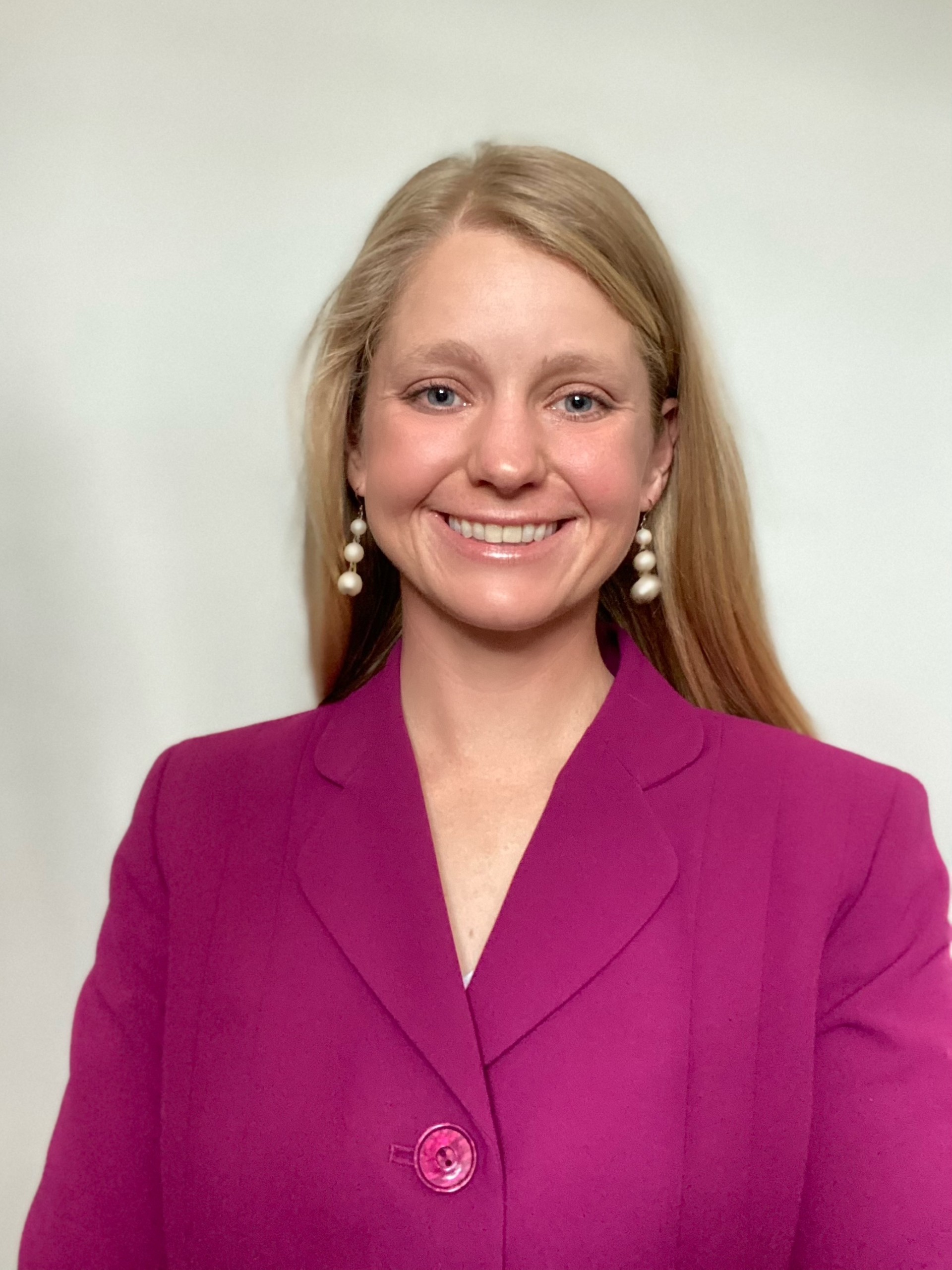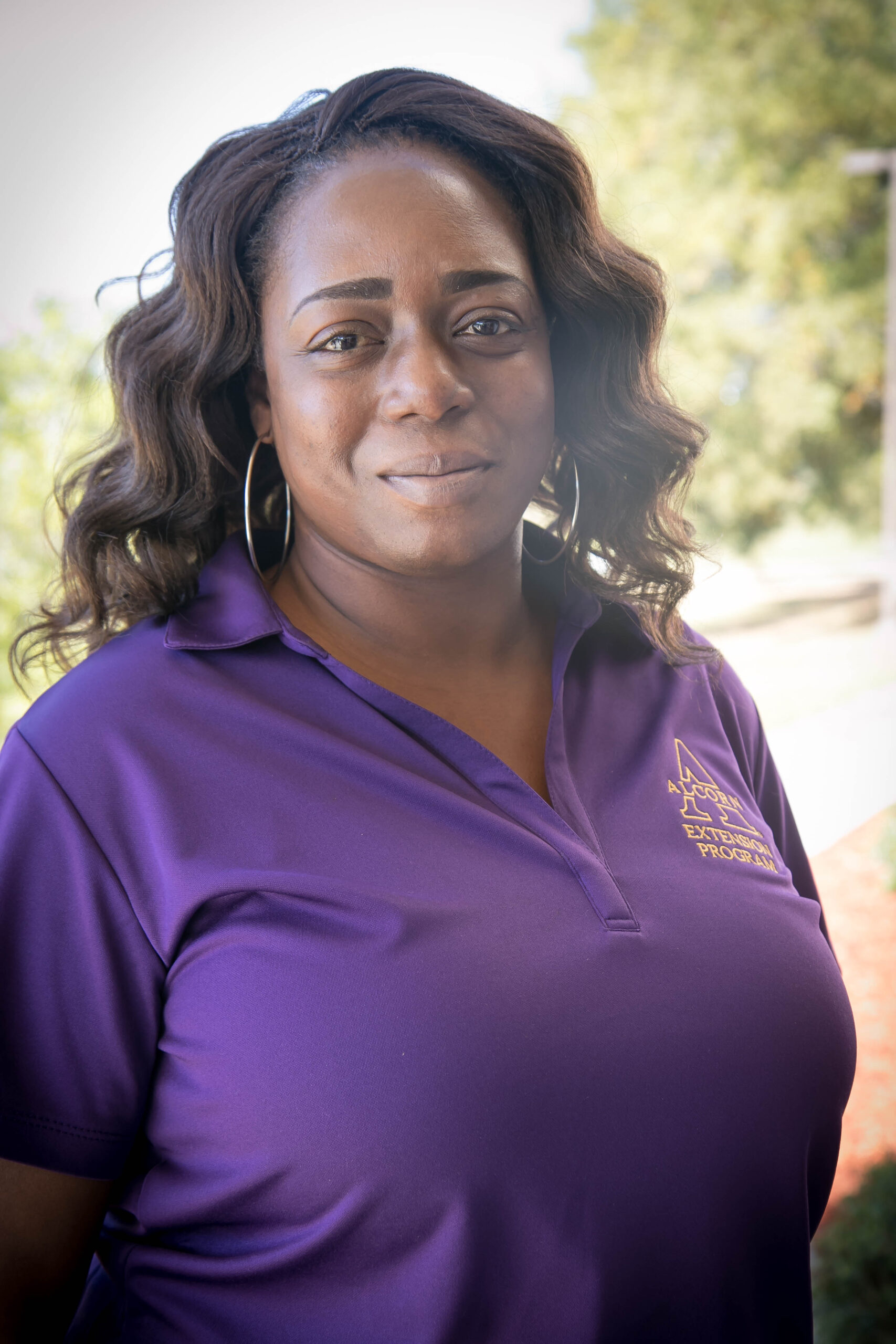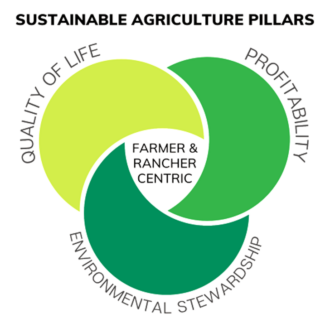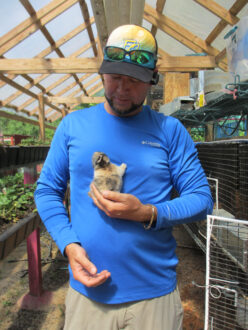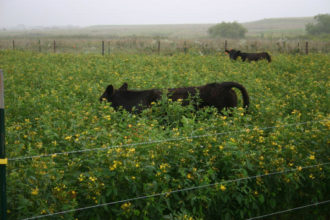Creating a Viable Meat Goat Industry in Mississippi
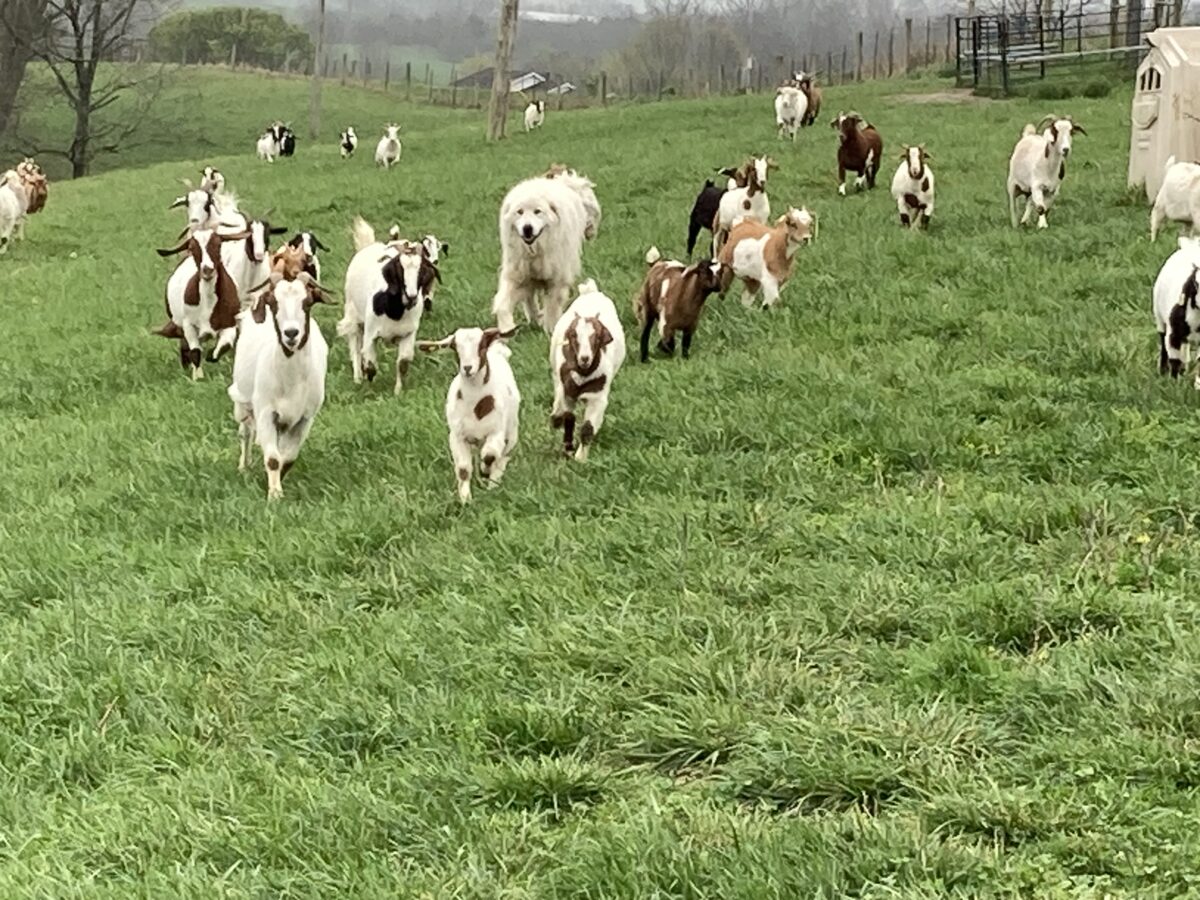
A tool for goat breeders to simulate the real-world performance of their animals is helping to strengthen the animal industry, not only in Mississippi, but across the Southeast.
The Southeastern Buck Performance Test, which measures meat goat growth rate, feed efficiency, and muscle development so breeders can identify the top performers in their herd, was first offered in the state in 2023. Mississippi State University Extension researchers have received funding from a $29,999 On-Farm Research Grant to continue offering the tests over the next two years to help build the genetic pool for production efficiency and increased profitability.
The test is often referred to as the Kiko buck test because Kikos are a common meat goat breed, popular for their hardiness and resistance to intestinal parasites. The goal of the test is to improve the health of the animals, boost genetics so animals reach proper weight and muscle for USDA grading, and increase production efficiency by selecting animals that are able to graze and grow under Mississippi conditions.
University Extension researchers are striving to make meat goats a more feasible livestock for small farmers, especially for those who have small acreages of land and are unable to support a cattle operation.
A buck performance test was conducted in 2024. Thirty-five farmers consigned 66 bucks from 13 different states. During a 10-week grazing period, the animals fed on warm-season forages including switchgrass, bahiagrass, and dallisgrass. Measurements included body weight gain, body condition scoring and FAMACHA for parasites. USDA grading was also performed at the same time. The overall winning buck was from Mississippi.
The buck performance tests are ongoing. The funded grant project is expected to conclude in 2026.
State Contacts
SARE State Coordinators are vital for expanding sustainable agriculture training for Extension, NRCS, and other agricultural professionals, who will then help producers transition to a more sustainable agriculture.

Leyla Rios
SARE IN MISSISSIPPI

million
The Mississippi Sustainable Agriculture Research and Education (SARE) is a professional development program sponsored by the Southern Region SARE and co-coordinated by Mississippi State University and Alcorn State University. We work together to deliver a program that enhances the environmental, social, and economic sustainability of the state through research and education. Mississippi SARE partners with researchers, extension faculty, producers, and community organizations to research and implement the best science-based practices available in all aspects of Mississippi's agricultural system. In addition to research, SARE is dedicated to providing education in sustainable agriculture through various trainings offered each year.
Recent News From Mississippi
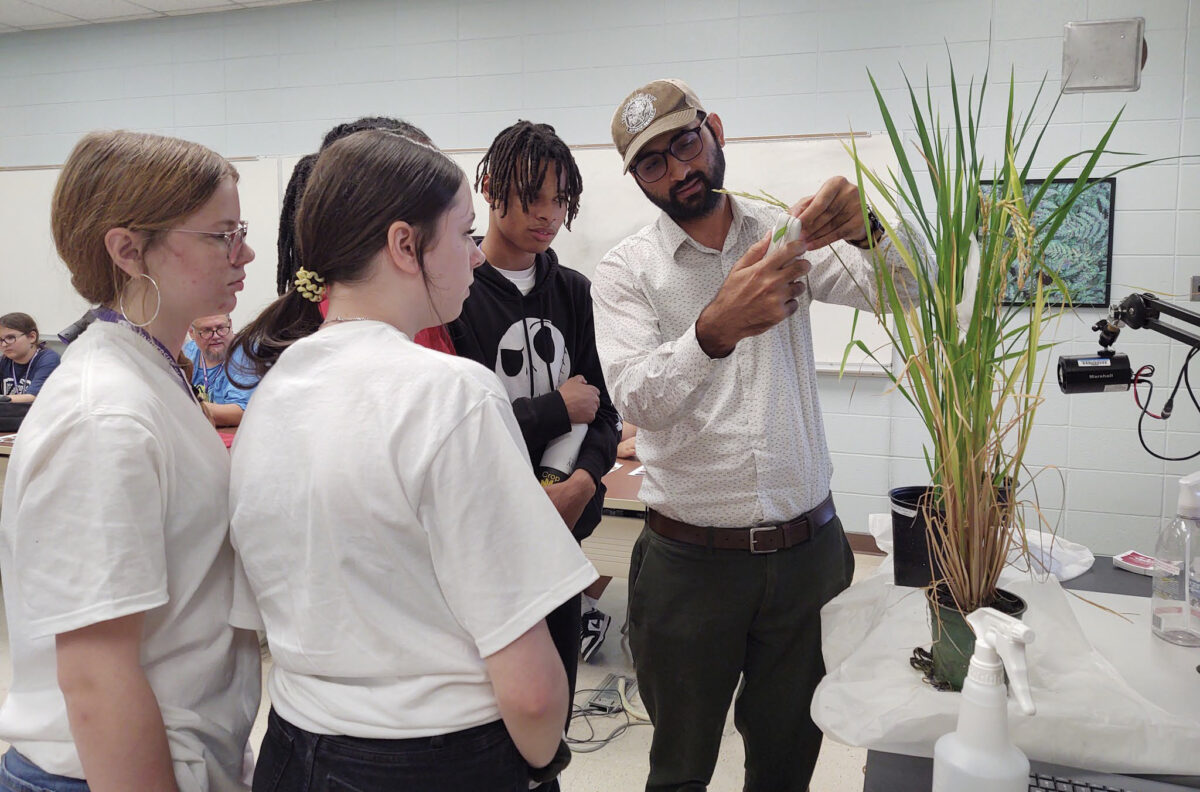
Southern SARE Awards Young Scholar Enhancement Grants for 2025
GRIFFIN, Georgia – The Southern Sustainable Agriculture Research and Education Grant program (SSARE) is giving young researchers an opportunity to learn more about sustainable agriculture. Through the James Harrison Hill, Sr. Young Scholar Enhancement Grant program, high school and undergraduate students are working alongside researchers on SSARE-funded projects, ranging from disease management to soil health […]

